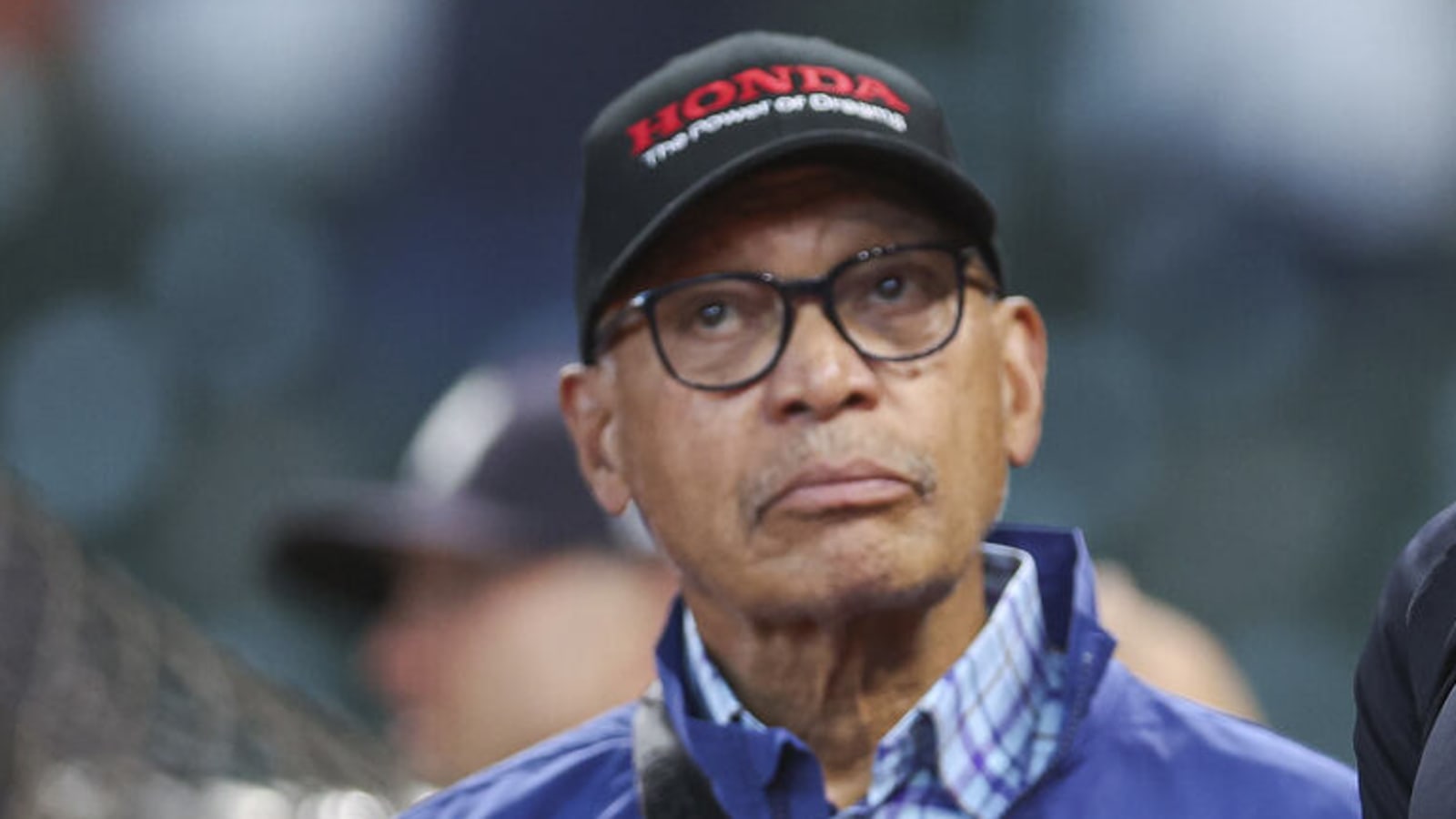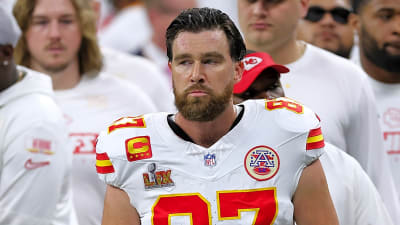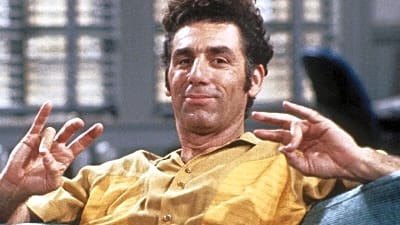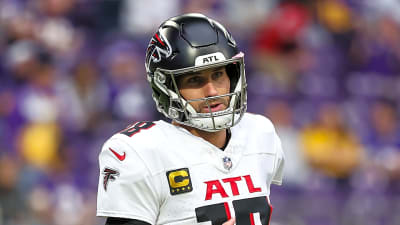
Reggie Jackson shares the hard truth about returning to Rickwood Field
The San Francisco Giants and the St. Louis Cardinals met Thursday at Rickwood Field, the sport's oldest ballpark, to honor the history of the Negro Leagues.
However, beforehand, Hall of Famer Reggie Jackson, who'd played there as a minor leaguer, shared the heart-wrenching memories that flooded back in his return.
"Coming back here is not easy," Jackson said on the Fox pre-game show. "The racism when I played here — I wouldn't wish it on anybody."
Perhaps the most enlightening topic Jackson touched on was the idea that he "won" by thriving in the face of bigotry. Most who overcome horrible situations say they wouldn't change a thing.
Still, after highlighting the slurs, violence and hatred he encountered in Birmingham and while traveling, Jackson said that he'd "never want to do it again."
Jackson played the 1967 season with the then Kansas City Athletics Double-A affiliate in Birmingham during the height of the civil rights movement. Only four years earlier, the town was the site of two horrific events that gained national attention.
In May 1963, an organized group dubbed the "Children's Crusade," including more than 1,000 Black children, marched against segregation peacefully. Instead, police used fire hoses and K-9s to quell the resistance.
#OnThisDay in 1963, Thousands of children gathered for the Birmingham Children’s Crusade, a pivotal moment in the civil rights movement. The children were arrested, hosed down, & mocked by the Birmingham police, sparking national outrage.
— NatCivilRightsMuseum (@NCRMuseum) May 2, 2024
Photo Credit: Bill Hudson/AP pic.twitter.com/sqAi8GnT2d
Four months later, a bomb went off at the 16th Street Baptist Church in Birmingham during Sunday school services, killing four young Black children while injuring dozens more.
Later, the FBI discovered that several members of the Ku Klux Klan were behind the murderous act.
To conclude this #BlackHistoryMonth, I say the names of the Four Little Girls who lost their lives in the bombing of the 16th Street Baptist Church—Addie Mae Collins, Denise McNair, Carole Robertson, and Cynthia Morris Wesley. May we never forget their names and their legacy. pic.twitter.com/vwZJE9WcIB
— Rep. Terri A. Sewell (@RepTerriSewell) February 29, 2024
At just 21 years old, Jackson found himself in the middle of that hatred, pain and despair while chasing major league dreams. Unsurprisingly, it's stuck with him.
The recent recognition of Negro League players is long overdue. However, as Jackson's poignant comments highlight, acknowledging on-field accomplishments is welcome, but it's important to note that their stories reach far beyond the diamond.
More must-reads:
- Cardinals edge Giants in Negro Leagues tribute game
- The Negro Leagues history behind MLB's Rickwood Field game
- The 'MLB Comeback Player of the Year award winners' quiz
Breaking News
Trending News
Customize Your Newsletter
 +
+
Get the latest news and rumors, customized to your favorite sports and teams. Emailed daily. Always free!







